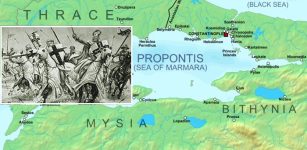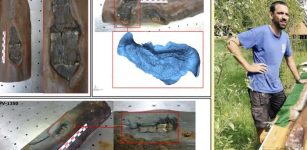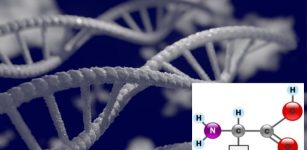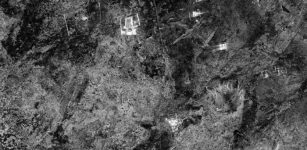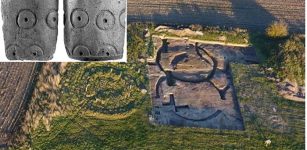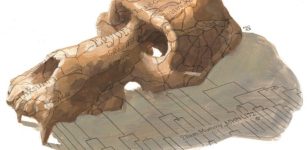Interbreeding With Modern Humans Wiped Out Neanderthals’ Y Chromosomes 100,000 Years Ago
Jan Bartek - AncientPages.com - A new study shows Neanderthals and modern humans are more related than previously thought.
Studies of the Y chromosomes of Neanderthals and Denisovans have not yet been possible because researchers only had access to sufficient amounts of DNA from female individuals and no males.
It’s important to keep in mind, Y chromosomes have a peculiar mode of inheritance. They are passed exclusively from father to son. Y chromosomes, and also the maternally inherited mitochondrial DNA, have been extremely valuable for studying human history.
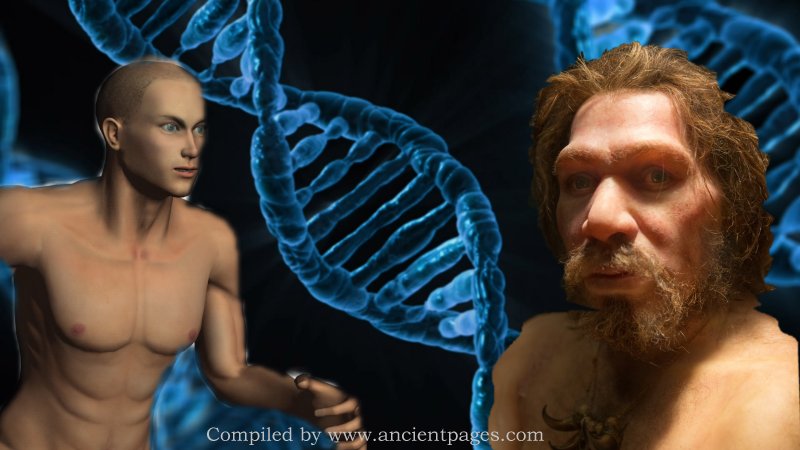
The lack of Neanderthals' Y Chromosomes did not prevent scientists from investigating our relationship with archaic human species.
Researchers were able to identify three male Neanderthals and two Denisovans that were suitable subjects for DNA analysis, and the result of this interesting study comes with a surprise.
We know since before Neanderthals and modern humans met and interbred sometime between 370,000 and 100,000 years ago. This meeting was significant to the history of modern humans, but how did this interbreeding affect the Neanderthals?
By comparing the archaic human Y chromosomes to each other and to the Y chromosomes of people living today, the team found that Neandertal and modern human Y chromosomes are more similar to one another than they are to Denisovan Y chromosomes.
"This was quite a surprise to us. We know from studying their autosomal DNA that Neandertals and Denisovans were closely related and that humans living today are their more distant evolutionary cousins.
Before we first looked at the data, we expected that their Y chromosomes would show a similar picture," says Martin Petr, the lead author of the study in a press statement.
The researchers also calculated that the most recent common ancestor of Neandertal and modern human Y chromosomes lived around 370,000 years ago, much more recently than previously thought.
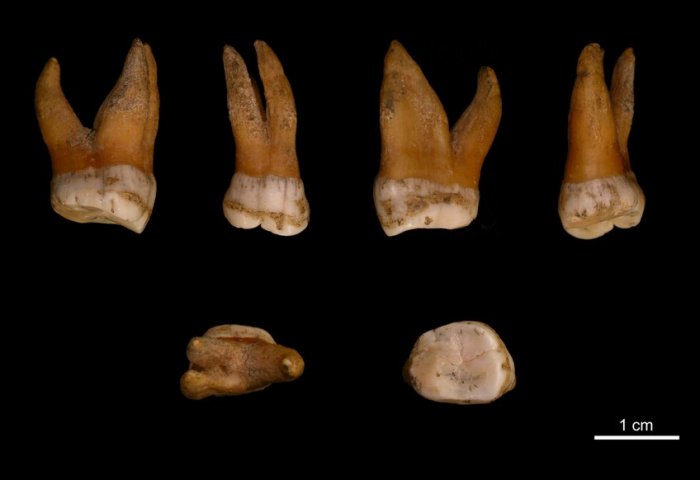
The upper molar of a male Neanderthal unearthed in Spy, Belgium. Credit. Max Planck, I. Crevecoeur
Scientists explain they were initially confused as to how the Y chromosomes from modern humans came to completely replace the Neanderthals' native ones.
It seemed unlikely such replacements events could by chance alone. So learn more, researchers used computer simulations to show that the known small size of Neandertal populations may have led to an accumulation of deleterious mutations in their Y chromosomes which would reduce their evolutionary fitness.
This is quite similar to situations where extremely small population sizes and inbreeding can sometimes increase the incidence of some diseases.
“We speculate that given the important role of the Y chromosome in reproduction and fertility, the lower evolutionary fitness of Neandertal Y chromosomes might have caused natural selection to favor the Y chromosomes from early modern humans, eventually leading to their replacement” says Martin Petr.
Janet Kelso, the senior author of the study, is optimistic that this replacement hypothesis could be tested in the near future: “If we can retrieve Y chromosome sequences from Neandertals that lived prior to this hypothesized early introgression event, such as the 430,000-year-old Neandertals from Sima de los Huesos in Spain, we predict that they would still have the original Neandertal Y chromosome and will therefore be more similar to Denisovans than to modern humans.”
It is by now well established that all people with non-African ancestry carry a small amount of Neandertal DNA as a result of interbreeding between Neandertals and modern humans approximately 50,000-70,000 years ago, quite shortly after modern humans migrated out of Africa and started spreading around the world.
However, whether Neandertals might also carry some modern human DNA has been a matter of some debate. These Y chromosome sequences now provide new evidence that Neandertals and early modern humans met and exchanged genes before the major out of Africa migration - potentially as early as 370,000 years ago and certainly more than 100,000 years ago.
See also: More Archaeology News
This implies that some populations closely related to early modern humans must already have been in Eurasia at that time. Surprisingly, this interbreeding resulted in the replacement of the original Neandertal Y chromosomes with those of early modern humans, a pattern similar to what has been seen for Neandertal mitochondrial DNA in an earlier study.
Written by Jan Bartek - AncientPages.com Staff Writer

